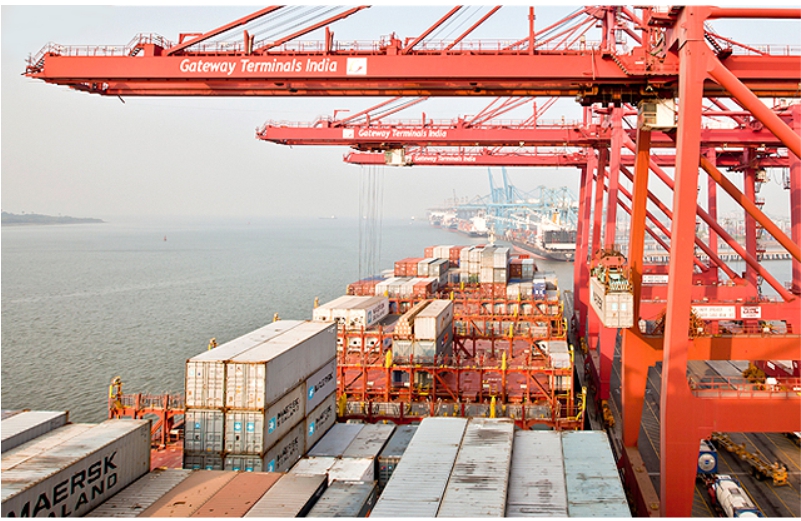The Union Cabinet, chaired by Prime Minister Narendra Modi approved amendments in the Model Concession Agreement (MCA) to make the projects at Major Ports more investor-friendly and to also make the investment climate in the port sector more attractive.
SALIENT FEATURES
The amendments in the MCA envisage constitution of the Society for Affordable Redressal of Disputes – Ports (SAROD-PORTS) as a dispute resolution mechanism similar to the provision available in the highway sector.
The other salient features of the revised MCA include the following:-
i. Providing exit route to developers by way of divesting their equity up to 100 per cent after completion of 2 years from the Commercial Operation Date (COD). This is now similar to the MCA provisions of the highway sector.
ii. Under provision of additional land to the concessionaire, land rent has been reduced from 200 per cent to 120 per cent of the applicable scale of rates for the proposed additional land.
iii. Concessionaire would pay royalty on “per MT of cargo/TEU handled” basis which would be indexed to the variations in the WPI annually. This will replace the present procedure of charging royalty, which is equal to the percentage of gross revenue, quoted during bidding, calculated on the basis of upfront normative tariff ceiling prescribed by Tariff Authority for Major Ports (TAMP). This will help to resolve the long-pending grievances of Public-Private Partnership (PPP) operators that revenue share is payable on ceiling tariff and price discounts are ignored. The problems associated with fixing storage charges by TAMP and collection of revenue share on storage charges, which has plagued many projects, will also get eliminated.
iv. Concessionaire would be free to deploy higher capacity equipment/facilities/technology and carry out value engineering for higher productivity and improved utilisation and/or cost saving of project assets.
v. “Actual Project Cost” would be replaced by “Total Project Cost”.
vi. The new definition of “Change in Law” will also include:
a. imposition of standards and conditions arising out of TAMP guidelines/orders, environmental law and labour laws, and
b. increase and imposition of new taxes, duties, etc. for compensating the concessionaire. Since the viability of the project was affected, concessionaire will now be compensated for the increase and imposition of new taxes, duties, etc. except in respect of imposition/increase of a direct tax, both by Central and state government.
vii. Provision for commencement of operations before COD. This will lead to better utilisation of assets provided by the port in many projects before the formal completion certificate.
viii. Provision regarding refinancing is aimed at facilitating availability of low cost, long-term funds to concessionaire so as to improve the financial viability of the projects.
ix. Extending the provision of SAROD-PORTS for redressal of disputes to the existing concessionaires also by introducing the supplementary agreement to be signed between the concessionaire and the concessioning authority.
x. Introduction of complaint portal for the use of port users.
xi. A monitoring arrangement has been introduced for keeping periodical status report of the project.
The amendments have been proposed keeping in view the experience gained in managing PPP projects in the port sector during the last twenty years and to obviate the problems being faced on account of certain provisions in the existing MCA. The amendments in the MCA have been finalised after extensive consultation with the stakeholders.








